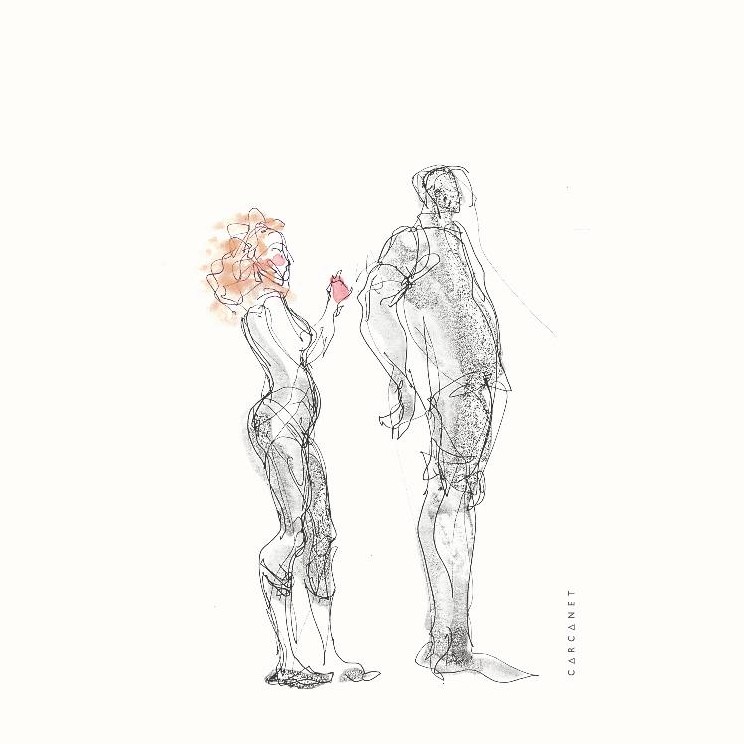The poetry of the late Roman Republic does not immediately move the mind to think of shibari – a Japanese rope bondage art – and yet Isobel Williams manages to blend the two in a singular fashion with her vibrant new translation of Catullus.
The first thing you notice about reading Catullus’s poetry is that he tends to surprise you. His poems range from the curiously endearing ‘da mi basia mille’ to the notoriety of poem 16, which was sufficiently scandalous as to be frequently censored in translation until the late twentieth century. He’s a poet of immense range and versatility, a man in love, a man scorned, and a man constantly at sea in the uncertainties of Roman public life. It’s hard not to like him, and it’s even harder to translate him properly.
Williams’ translation alone is fascinating, ranging from desperate sadness with the Catullus who ‘can’t go on but does/Can’t be borne, but must be’, to the outright pettiness of Poem 42. The solemnity with which she has rendered Catullus 101 is particularly touching. Often Williams strays daringly far away from the original Latin and yet almost always strikes the perfect balance. Her art is simple, bold and evocative, and serves to draw out the frank sexuality of many of Catullus’ poems.
On the one hand, shibari allows for an excellent demonstration of some of Catullus’ main talking points – he’s a man, and a talented one at that, but he’s hopelessly in love with a high-status married woman (who might just like her brother better anyway…) and trying to prove himself in a world that doesn’t always take him seriously (note poem 16 again to see what he thought of that). It’s a world of shifting power balances, perpetual give and take, which is perhaps why Williams selected shibari as a ‘context’ for exploring the same power dynamic shifts and subversion of traditional social norms. However, while Catullus might be a highly skilled poet with points of reference that people can empathise with across the world, he’s still a Roman. It feels a bit odd that an art form sometimes accused of misappropriation and exoticisation is being utilised to furnish Catullus’ words, especially in this context and when personal connections vary.
Her translations offer an excellent introduction to the Latin poets of the real world, although some of her more modern influences may need further examination.



